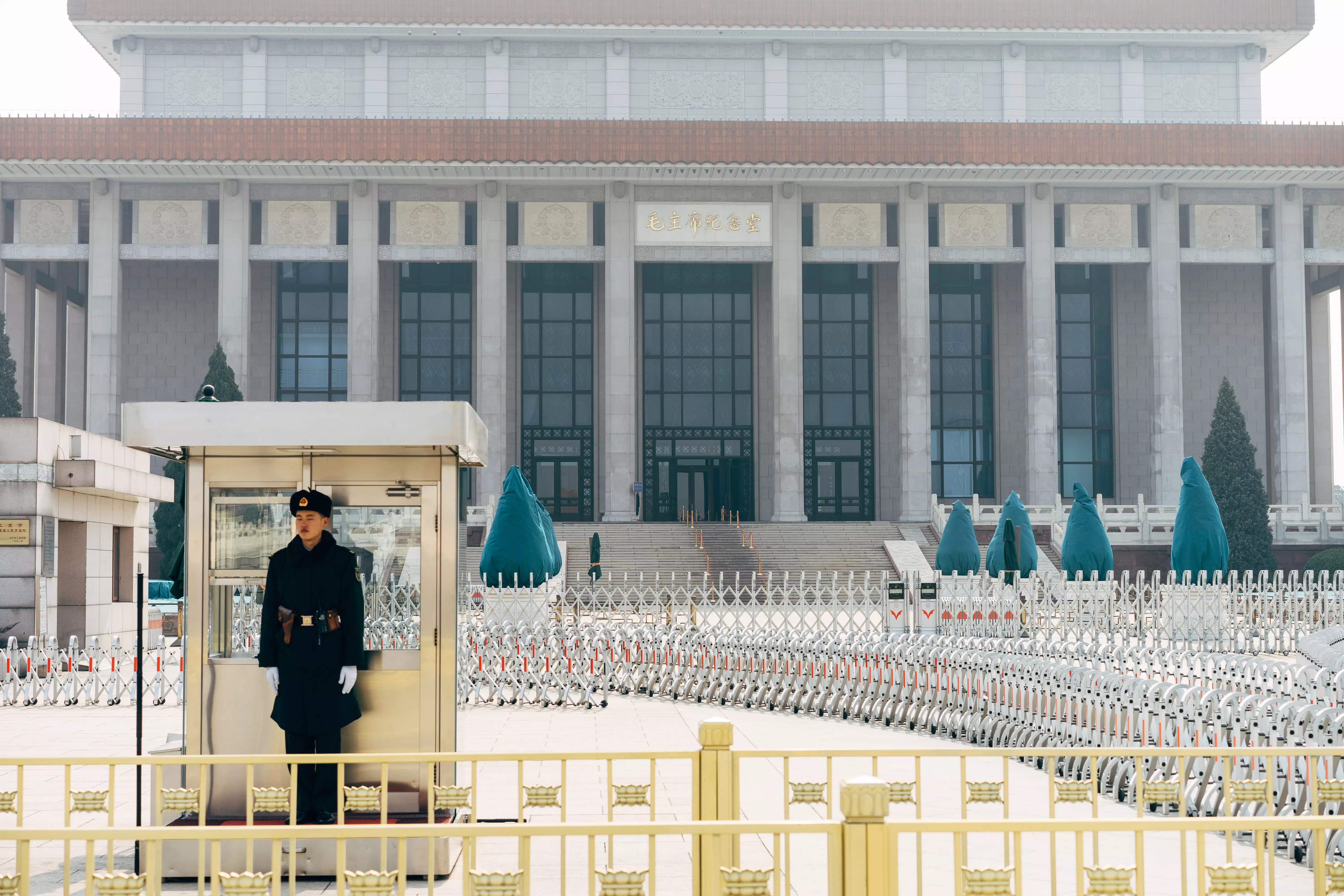Sample by My Essay Writer
Fahrenheit 451 is set in the twenty-fourth century and introduces a world taken over by media, overpopulation, and censorship. Within this new world, people are not accepted as individuals, and books are outlawed and evil because they teach people intellectual topics and how to think. In page 59 of the novel, Captain Beatty describes the law enforcement of the society as “Stand[ing] against the small tide of those who want to make everyone unhappy with conflicting theory and thought” (Bradbury & Mugnaini, 1953). The people who live in this world are shown the present through television, and receive no reminders of their history and ancestry. Within the world of Fahrenheit 451, the censoring of books and intellectual knowledge creates a melancholy and mindless dystopian society, illustrating the dangers of censorship in modern societies.
The introduction to the world of Fahrenheit 451 makes us question how long such a world could last, without question or conflict. In the short term, we expect to be introduced to a character who will resist against conformity, and in the long term we might expect to see them break the mold and cause others to question their censored society. This is confirmed when we meet Clarisse McClellan, a girl with an inquisitive nature who is curious about the books another character is burning, Guy Montag. In Chapter 1, Clarisse describes her feelings about school to Montag when she says “It’s a lot of funnels and a lot of water poured down the spout and out the bottom, and them telling us it’s wine when it’s not” (Bradbury & Mugnaini, 1953). In this statement, Clarisse is explaining how the educational system keeps flooding students with information that is untrue and not believable to students who know how to think. When Clarisse expands on this, and begins to question Montag about his job and the contents of the burned books, we observe Montag beginning to stray from his position. These introductory chapters illustrate the instability of censored societies, and how easily they can begin to fray. [“Write my essay for me?” Get help here.]
In maintaining a censored and dystopian culture, the society of Fahrenheit 451 is creating a community of little to no progress or learning, further demonstrating the risks of censorship. Throughout the society shown in the novel, any books that demonstrate intellectual thoughts are destroyed and burned, and the only knowledge known by the population is the knowledge known by everybody else. This means that there is no available learning beyond what is already known, severely limiting the progress of the community. As stated by Beatty in Chapter 1, the lifecycle of the society in Fahrenheit 451 can be described as “Out of the nursery into the college and back to the nursery; there’s your intellectual pattern for the past five centuries of more” (Bradbury & Mugnaini, 1953). This means that no learning is occurring throughout a person’s lifespan; they maintain only the intelligence of a child and maintain that throughout their lives, never learning and never progressing. [Need an essay writing service? Find help here.]
While the leadership figures in the novel attempt to justify censorship as creating an equal society, it creates a mindless society of depression and melancholy. On page 58, the captain attempts to defend the morality of censorship by stating “We must all be alike. Not everyone born free and equal, as the Constitution says, but everyone made equal. Each man the image of every other; then all are happy, for there are no mountains to make them cower, to judge themselves against.” (Bradbury & Mugnaini, 1953). This quote describes the philosophy of the world of Fahrenheit 451, that is, by taking away the differences between people, and not letting them feel beneath or above anybody else, people will be happier. However what actually occurs as a result of this is that, by eliminating the differences between people, everybody sinks to the lowest level of understanding and intelligence, effectively hamstringing the ability of the society to progress. [Click Essay Writer to order your essay

Through his novel, the author appears to draw upon the real-life experiences of many individuals, exploring how difficult it can be to contain the freedom of expression in any society. The frustration that censorship evokes in societies is illustrated by this quote from Montag on Page 70, “Is it true, the world works hard and we play? Is that why we’re hated so much?” (Bradbury & Mugnaini, 1953). The exploration of censorship and human rights issues leads us to believe that the implied readers, or target audience, of this book would include young adults, the future of our society. As this novel takes place in the future, it represents what the technology and government we possess could become in the next three centuries. This is in particular is relevant to our present day society, as we are in a period of important political decision-making.
References
Bradbury, R., & Mugnaini, J. (1953). Fahrenheit 451. New York: Ballantine Books.







